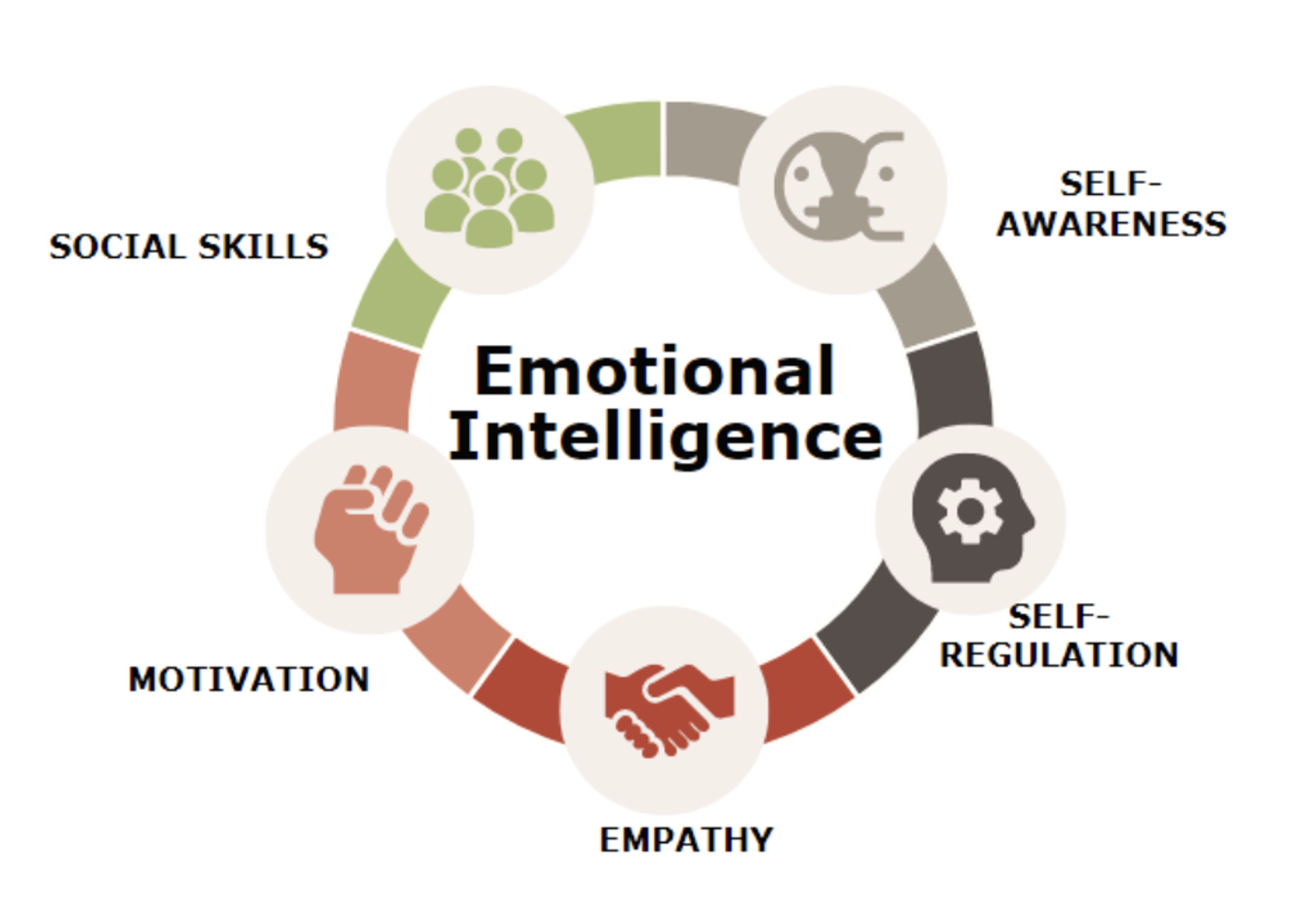
CEOs behaving badly
It is amazing when a Board of Directors goes “all in” with their Chief Executive Officer (CEO). And a short time later, despite reviews from “independent external advisers” that no allegations were substantiated, the directors do a collective about-face and terminate the employment of the CEO.
Take Super Retail Group (ASX:SUL) as the most recent example. The owner of Rebel Sport, Boating Camping Fishing, Supercheap Auto and Macpac brands, Super Retail Group has a market capitalisation of $3.7 billion and recorded $4.1 billion of revenue and $400 million of earnings before interest and taxes (EBIT) for the year to June 2025.
The Super Retail Group Board were “all in” with CEO Anthony Heraghty, when releasing their Appendix 4E and 2025 Annual Report on Thursday 21 August. Only 26 days later we witnessed the “mea culpa” – the big reversal.
Super Retail Group, and its former Chair, Sally Pitkin, are being sued by Rebecca Farrell and Amelia Berczelly over claims they were being bullied and harassed after filing whistleblower complaints. Federal Court judge, Michael Lee, who is used to dealing with poor corporate behaviour after recently fining Qantas $90 million, has been active in cases involving CEO’s behaving badly. Justice Lee has emphasised his determination in streamlining proceedings whilst reducing complexity and costs for all parties involved.
Super Retail Group’s key corporate governance disclosures, also released on the ASX on Thursday 21 August 2025, follow.
- Principle 1: Lay solid foundation for management and oversight
- Principle 2: Structure the board to be effective and add value
- Principle 3: Instil a culture of acting lawfully, ethically and responsibly
- Principle 4: Safeguard the integrity of corporate reports
- Principle 5: Make timely and balanced disclosure
- Principle 6: Respect the rights of security holder
- Principle 7: Recognise and manage risk
- Principle 8: Remunerate fairly and responsibly
It now appears the Super Retail Group directors have failed on many of these fronts and those who joined the board prior to 2024 should consider falling on their sword.
It is reasonable to accept that some CEOs and leaders have narcissistic personalities. They often suffer from a sense of self-importance, entitlement, and frequently surround themselves with executives, board members and advisors who are not prepared to ask the hard questions. It seems logical that headhunters and directors, when recommending and appointing executives, need greater focus on emotional intelligence, as illustrated below.
Emotional intelligence unleashed: Master resilience and adaptability at work
